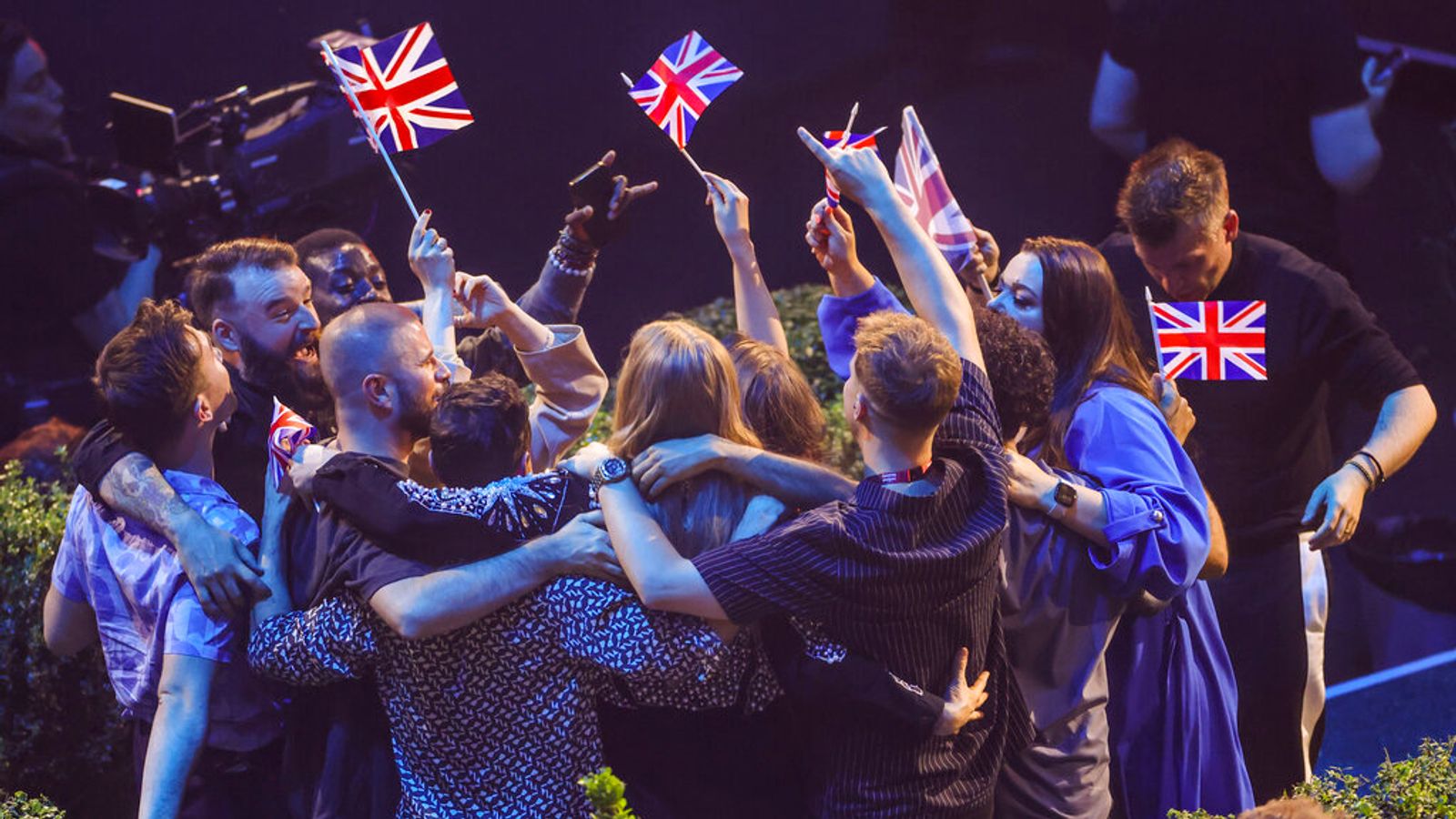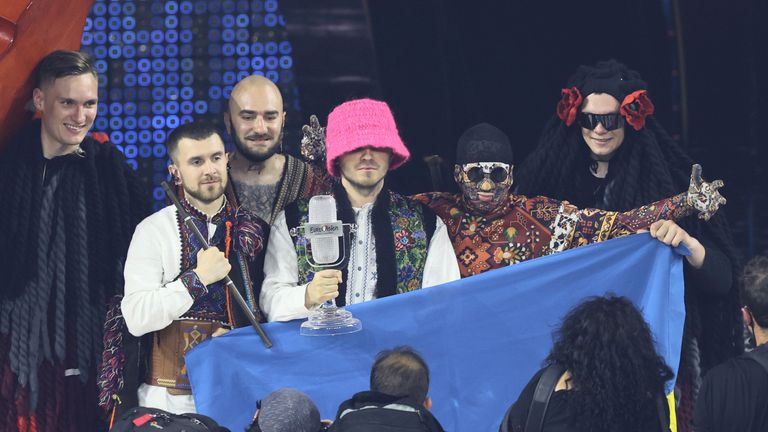Newcastle has become the latest city to throw its hat into the ring as the UK searches for a host city for next year’s Eurovision Song Contest.
It comes after the European Broadcasting Union (EBU) ruled the event could not be held in Ukraine next year, despite its win, due to Russia’s invasion of the country.
Newcastle joins the likes of London, Leeds and Sheffield, as well as frontrunners Manchester and Glasgow, on the bidding list to hold the global music contest next spring.
The North East city’s bid has been organised by the NewcastleGateshead Initiative, with director Ian Thomas saying: “This is a once-in-a-generation opportunity to welcome a huge number of international visitors, performers and media to the North East of England and to showcase our world-class culture, rich heritage and vibrant region to the world.
“The potential impact of Newcastle hosting Eurovision 2023 is phenomenal. Eurovision will play a significant role in rejuvenating and sustaining our visitor economy, supporting our businesses and creating an even better place for our residents.
“We’ve seen other large events such as the European Professional Rugby Club finals attract 95,000 fans to the region which contributed £24m to our visitor economy in 2019, and World Transplant Games also in 2019 brought in attendees from over 50 countries which pushed hotel occupancy rates up by 13%, supporting the hospitality supply chain and helping to sustain jobs within the industry.
“Eurovision will be on an even bigger scale, and we welcome this fantastic opportunity to bring this to the region.”
Kalush Orchestra from Ukraine were the favourites to win the famous microphone trophy in Turin in May, and pipped the UK’s Sam Ryder to the top spot on the televote after he won the national jury votes.
Coming second, as well as the UK’s geopolitical relationship with Ukraine and its history in the contest as a significant funding partner, will all have contributed to the decision to hold the show in the UK next year.
It’s being held in the UK – but it will still be Ukraine’s show
However, the BBC (which is the UK’s EBU member) will only be holding the event on behalf of Ukraine’s national broadcaster UA:PBC, and while plans are still being drawn up, many of the contest’s elements will likely be run by Ukraine, including the hosts and entertainment – though this could all change as planning for the event steps up.
There will also be questions about the millions in funding and where that comes from, amid worries over the cost of living crisis, BBC cut-backs and whether Ukraine would be able to contribute.
London has launched a bid to host, with Mayor Sadiq Khan saying the capital is “ready” to step in, while officials in Leeds say it makes “total sense” for it to be held there, with many cities touting their links to the Ukrainian community.
There are strict criteria for Eurovision host cities, which last year included having a venue that can hold at least 10,000 people, and access to an international airport.
A shortlist will be revealed on BBC Radio 2 later this week, with the eventual venue announced in the autumn.
Next year marks the ninth time the event will be held in the UK, having previously been staged at Brighton Dome, Wembley Arena, Harrogate’s international centre, and most recently in 1998 at Birmingham’s National Indoor Arena.
As winners, Ukraine will get automatic entry into the final next year, alongside what are known as “the big five” nations (the UK, France, Italy, Spain and Germany), which contribute the most financially to the event.


